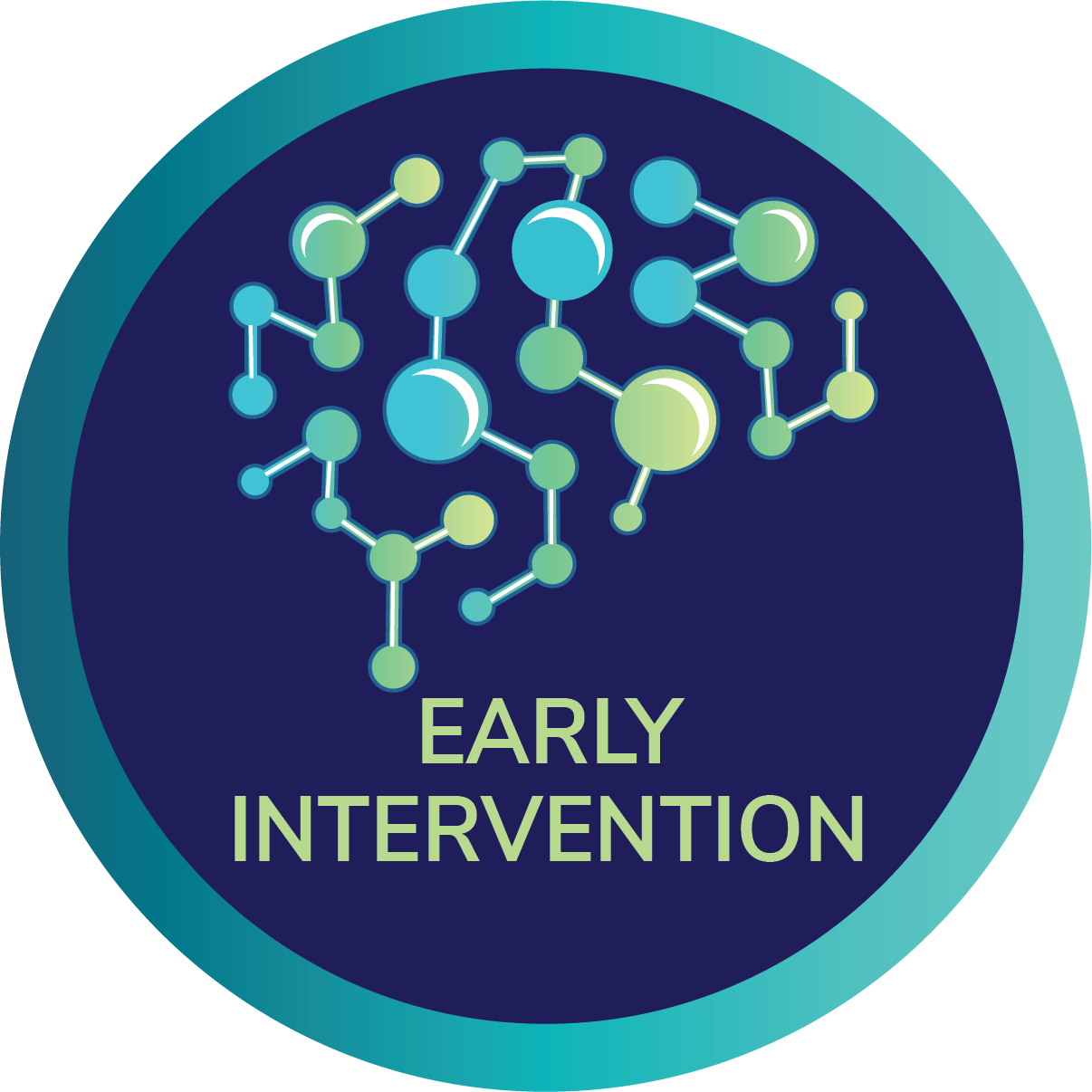Research Networks
The National Institute of Mental Health (NIMH) is currently supporting two research networks as part of the Accelerating Medicines Partnership (AMP®) SCZ program:
Barnaby Nelson, Ph.D., head of ultra-high risk for psychosis research at the Center for Youth Mental Health at the University of Melbourne and at Orygen, Melbourne, Australia, and Patrick McGorry, M.D., Ph.D., head of the Center for Youth Mental Health at the University of Melbourne and executive director of Orygen, are leading a multisite project focused on developing models that can predict a wide range of clinical outcomes in clinical high risk (CHR) individuals. As part of this project, Nelson and colleagues will collect a diverse set of biomarkers along with clinical data to develop CHR trajectory-prediction tools that can be used to facilitate the selection of CHR individuals to enroll in clinical trials and monitor disease progression and outcomes.
ProNET: Psychosis-Risk Outcomes Network
Scott Woods. M.D., Professor of Psychiatry at Yale University, and co-principal investigators Carrie Bearden, Ph.D., Professor of Psychiatry and Biobehavioral Sciences and Psychology at the University of California, Los Angeles, and John Kane, M.D., Professor and Chair of Psychiatry at the Donald and Barbara Zucker School of Medicine at Hofstra/Northwell, are leading a multisite project, including 26 international sites, mapping a wide range of biomarkers (including brain structure and function, psychopathology and cognition, genetics, behavior, and natural language and speech) onto a set of CHR trajectories and outcomes. Woods and colleagues will then test whether data-driven variation in these biomarkers can be used to identify different trajectories of risk and resilience.
Data generated by the research networks will be archived and made publicly available (according to institutional approvals) in the AMP SCZ Program Data Repository within the NIMH Data Archive.
Visit the Study Sites page to find and learn more about the research networks’ various AMP SCZ program study sites
Last Reviewed on May 2, 2022





